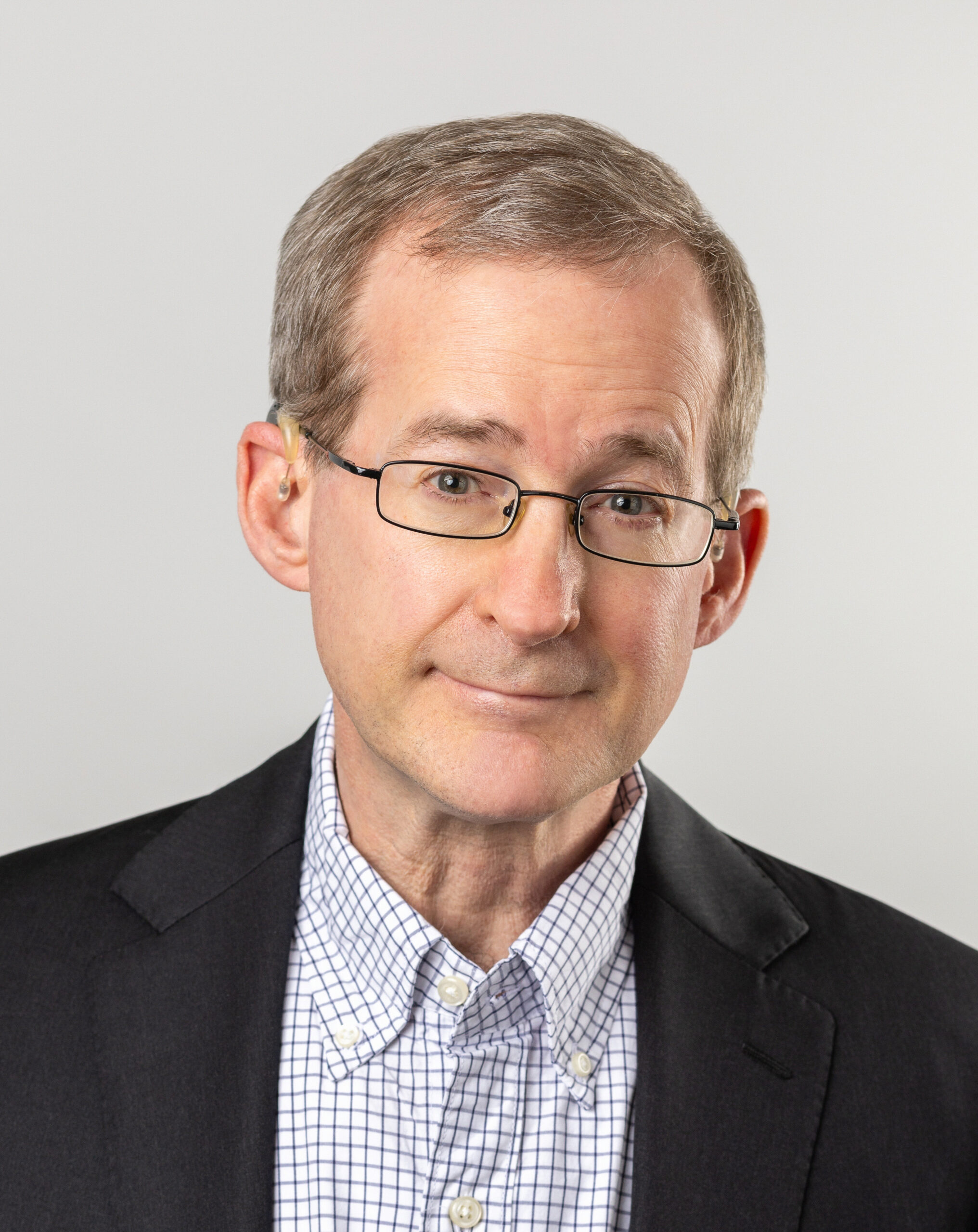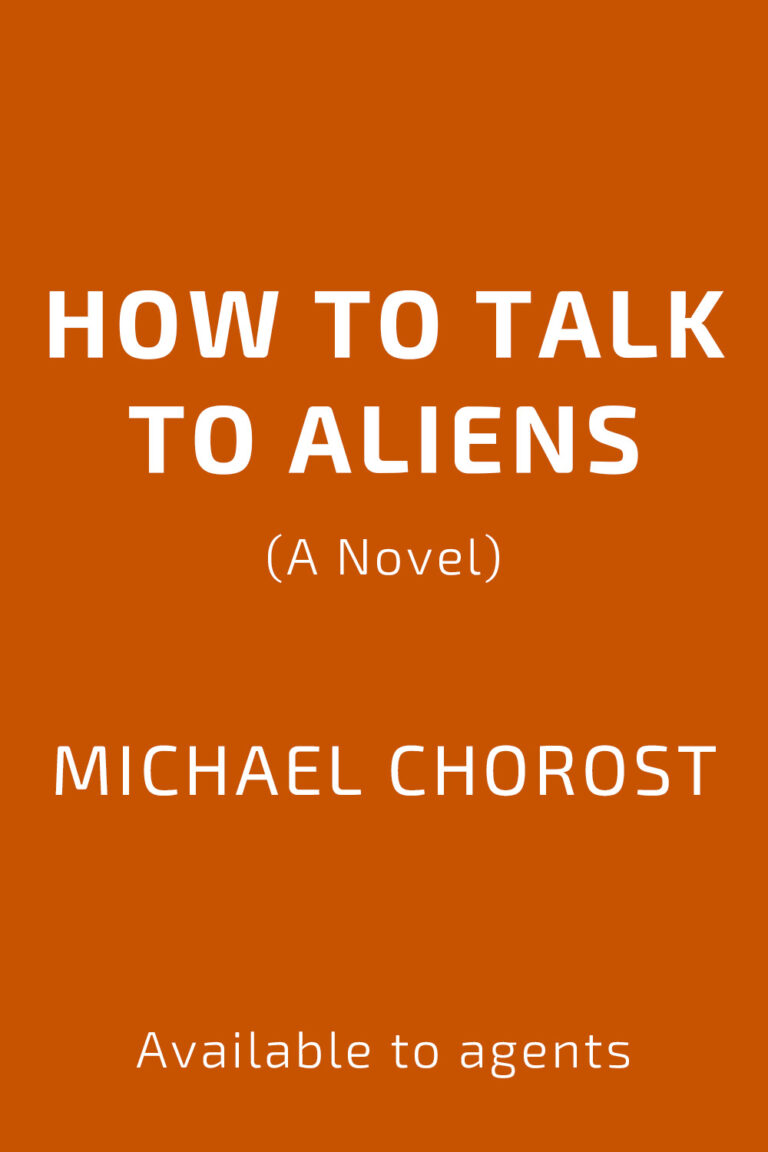About
 Michael Chorost (pronounced KOR-ist) is an author and public speaker. He’s best known for exploring how technology facilitates communication.
Michael Chorost (pronounced KOR-ist) is an author and public speaker. He’s best known for exploring how technology facilitates communication.
His first book, Rebuilt: How Becoming Part Computer Made Me More Human (Hougton Mifflin, 2005) is a memoir of going deaf, getting a cochlear implant, and learning how to hear all over again. It received critical acclaim, winning the PEN/USA Book Award for Creative Nonfiction in 2006. It was reprinted in paperback with the subtitle My Journey Back to the Hearing World.
His second book, World Wide Mind: The Coming Integration of Humanity, Machines, and the Internet (Free Press, 2011) explored what it really means to “read a mind” by analyzing neural data and asked if doing so could let us communicate in new ways.
He has published in Smithsonian, Slate, the Chronicle of Higher Education, the Washington Post, Technology Review, the New Yorker’s blog, Astronomy Now, and Wired. He has given over 170 lectures at university, corporate, and nonprofit venues, and has done many radio, television, and podcast interviews.
He graduated from Brown University with a B.A. in English in 1987, and then from the University of Texas with a Ph.D. in rhetoric and composition in 2000. His dissertation was on using websites to let students collaborate on writing projects—another exploration of how technology enables communication.
After grad school he worked at a dot-com in San Francisco and then for SRI International in Menlo Park. He went from being hard of hearing to being totally deaf in four hours on July 7, 2001, and that’s when he began writing Rebuilt. Its publication launched his freelance writing and speaking career.
In 2008 he moved to Washington, D.C. to teach as a visiting professor at Gallaudet, a university where American Sign Language is the lingua franca. This was his first experience of learning (badly) a language very different from English. He did online dating to get off campus to use English now and then, and that is how he met his wife, whom he married in 2010.
In 2016 he founded the D.C. chapter of Sister District, one of the many resistance groups that sprang up at that time, and spent 2½ years supporting Democratic candidates in Virginia, Pennsylvania, and Florida with fundraisers and canvassing.
While he deeply resents the disenfranchisement of D.C. voters, who have no Congresspeople or Senators to vote for (or against), he otherwise enjoys living in the city. Someday, he hopes, D.C. will become the 51st state and its 600,000 residents will gain full voting rights. He and his wife have two cats and enjoy travel, photography, and witty conversations in fully-formed periodic sentences.
